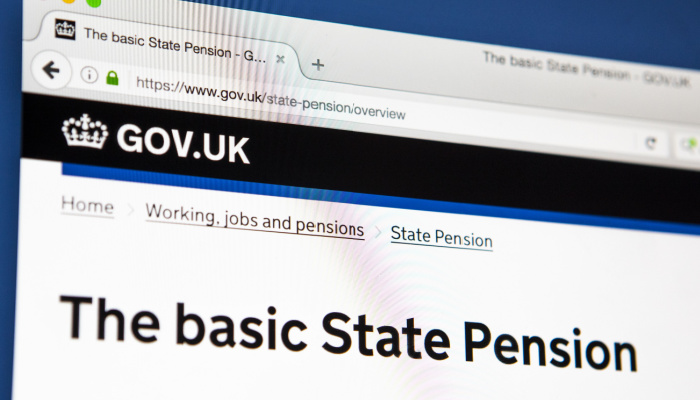There has been plenty of speculation in recent months that the UK government would suspend the Triple Lock for State Pensions
due to soaring inflation rates.
With State Pension increases possibly outpacing inflation by the start of the next tax year, and the government’s fiscal management leaving a lot to be desired, the future of the Triple Lock is in question ahead of the next General Election.
But what exactly is the Triple Lock, and how does it affect your pension? Here is a quick summary of what’s happening with the State Pension Triple Lock.
What is the Triple Lock?
There are two systems for State Pensions in the UK. Prior to 6th April 2016, the old version offered two tiers: a basic State Pension based on National Insurance contributions, and an additional State Pension that was partially related to earnings. From 6th April 2016 onwards, this system was replaced with the new State Pension.
It is legally required for the government to uprate the basic and new State Pensions every year in line with average earnings, but the Triple Lock is a discretionary commitment that goes beyond this statutory requirement. While it isn’t legislated, the government can choose to uprate these pensions by the highest of three factors:
- Annual Consumer Price Index (CPI)
inflation - Annual earnings growth
- Or 2.5%.
The Triple Lock has been applied each year since it came into effect in 2011, though it was temporarily suspended in 2022. Prior to this measure, pensions were uprated in line with prices since the 1980s – but now the Triple Lock ensures that State Pensions increase by more than they would by relying on a single factor.
How will the Triple Lock affect State Pensions?
The Office for National Statistics (ONS) published the most recent earnings data for May–July 2023 in September, which is key in the Bank of England’s interest rate considerations as well as setting the increase level for State Pensions
from April 2024.
This year, the total earnings growth between May and July was 0.3% higher than anticipated at 8.5%, which the ONS is attributing to one-off payments to NHS and civil service workers in June and July. This means that State Pensions are now expected to increase by 8.5% in line with average earnings from April 2024:
- Old State Pensions will increase by £13.30 to £169.50 per week.
- New State Pensions will increase by £17.35 to £221.20 per week.
That is, unless the government chooses to suspend the Triple Lock, as it did in 2022, or to exclude bonuses and COVID-related payments from the average earnings data, which would reduce the increase to 7.8% instead.
What will happen to the Triple Lock in 2024?
The Triple Lock undoubtedly has been making pensioners better off than they would be otherwise, but there are still concerns that it is costing the government too much in a time of ongoing economic volatility, as this fiscal risk may not be sustainable in the long-term.
As such, neither the Conservative nor Labour Party has committed to including the Triple Lock in their manifesto for the next General Election yet – so it is currently unclear whether this measure will survive beyond 2024 or not.
This could cause further uncertainty for people planning for retirement – even with the increase to £221.20 a week for the new State Pension, this would still be less than two thirds of a 35-hour week’s pay on this year’s National Minimum Wage.
If you are concerned about how changes to the Triple Lock could affect your finances, especially in relation to plans to defer your State Pension or changes to the Pension Lifetime Allowance, you may want to speak to our Barnsley accountants.
To discuss pension planning and receive professional financial advice, please call gbac on 01226 298 298, or email info@gbac.co.uk and we will be in touch.
